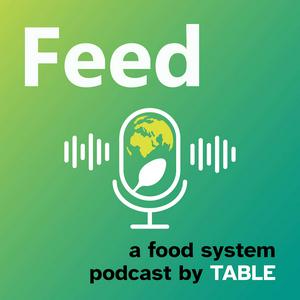"Hunger on our Doorstep" is a two part podcast about food poverty in the UK. It explores the issues and potential solutions through the eyes of three food campaigners with firsthand experience of food poverty in urban communities, as well as others working to tackle the problem. The often bleak picture of poverty, inequality and exclusion painted in episode one contrasts with inspiring stories of the solutions being put into practice across the country in episode two. This podcast is produced by TABLE with the support and contribution of the Food Foundation, a charity focused on changing food policy and business practice to ensure everyone, across the UK nations, can afford and access a healthy and sustainable diet. For more info, transcript and resources, visit: https://tabledebates.org/podcast/episode87Want to share your reflections on the episode? Send us an email or voice memo to
[email protected] McShane, Food campaignerGlory Omoaka, Food activistDominic Watters, Estate2Plate founderJonathan Pauling, CEO of Alexandra Rose CharityDr Effie Papargyropoulou, Researcher at Leeds UniversityAna María Narváez, Coordinator of 2025 The Broken Plate reportHostRichard Kipling, TABLERuth Mattock, TABLEEpisode edited and produced by Richard Kipling, Ruth Mattock and Matthew Kessler. Music by Blue dot sessions and Pixabay.


